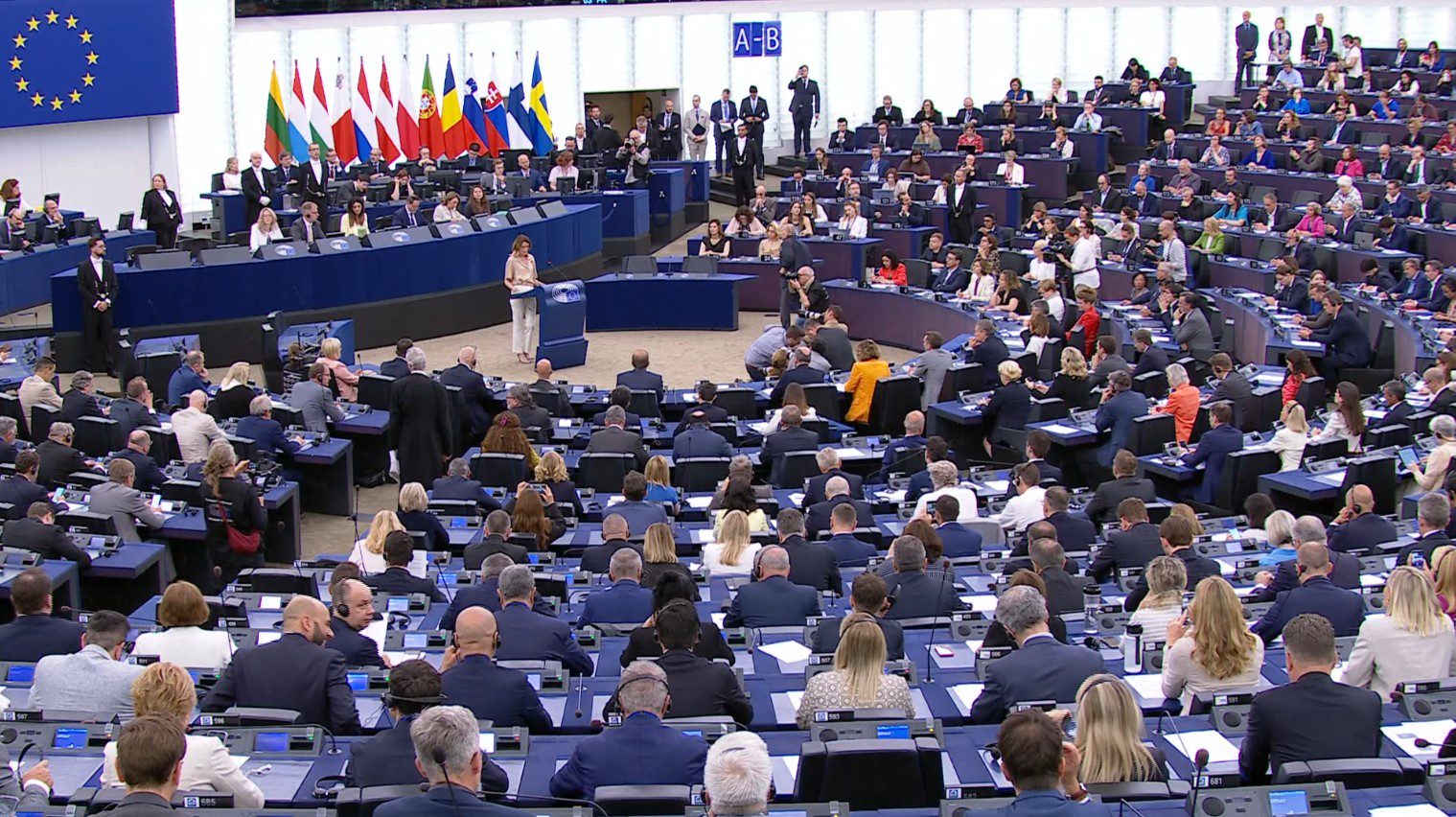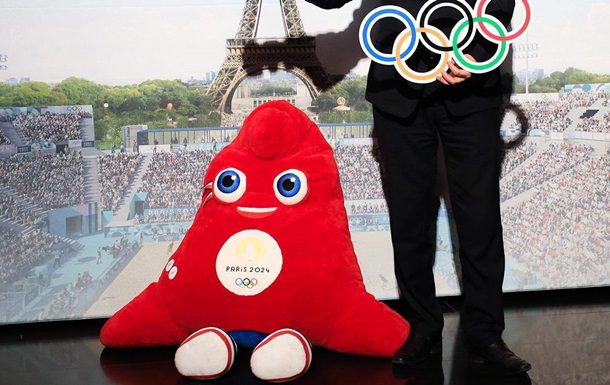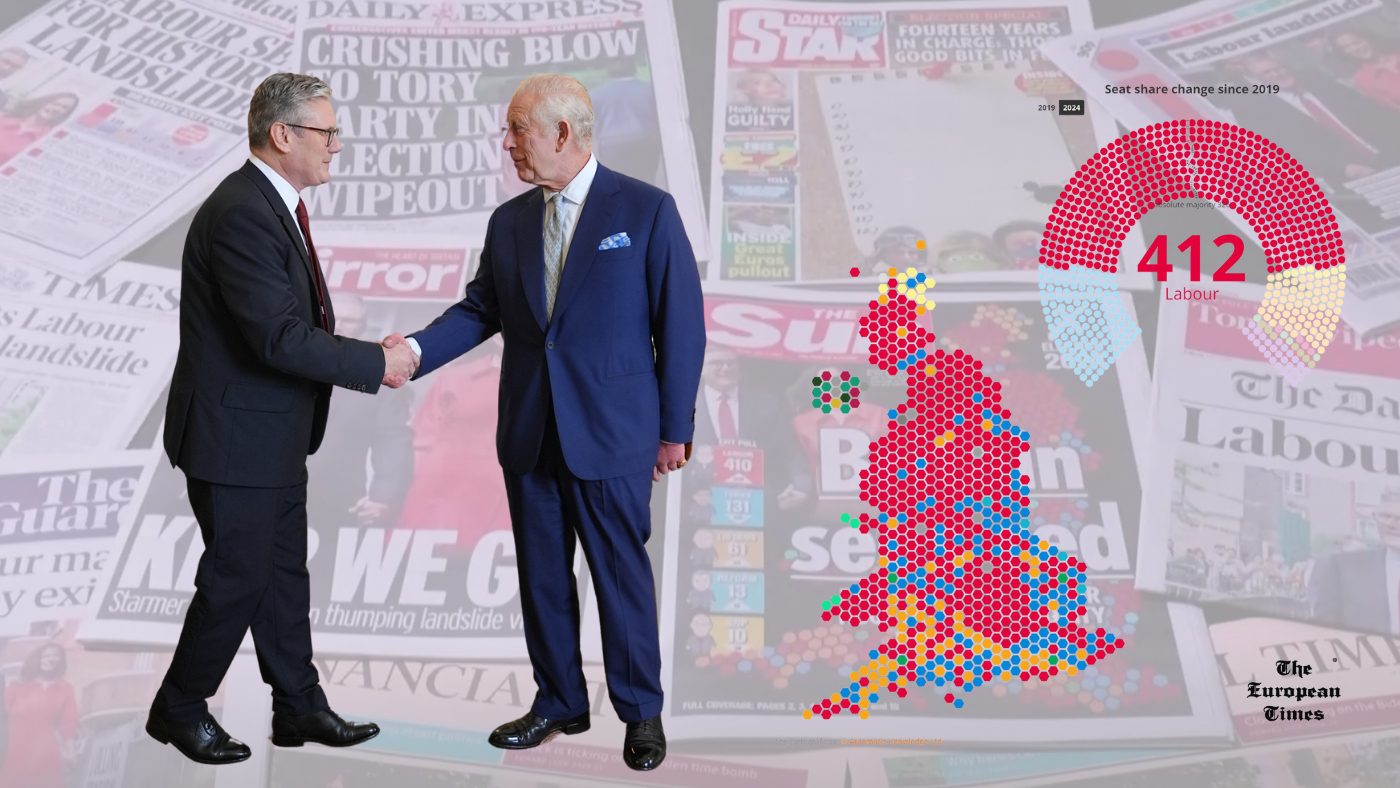Politics
The Daphne Caruana Galizia Prize for Journalism – call for submission of entries
On 3 May, the World Press Freedom Day, the European Parliament officially launched the call for submissions for entries to the Daphne Caruana Galizia Prize for Journalism.
The Prize rewards on a yearly basis outstanding journalism that promotes or defends the core principles and values of the European Union such as human dignity, freedom, democracy, equality, rule of law, and human rights.
European Parliament President Roberta Metsola said: “The reality is that journalists investigating uncomfortable truths are being targeted for doing their job. While everything was done to silence Daphne, she will never be forgotten. Every year, the Prize bearing Daphne’s name honours her memory. It is a powerful reminder of the European Parliament’s commitment to safeguard press freedom and the safety of journalists”.
The Prize is open to professional journalists and teams of professional journalists of any nationality to submit in-depth pieces that have been published or broadcast by media based in one of the 27 European Union member states. The aim is to support and highlight the importance of professional journalism in safeguarding freedom, and equality.
An independent jury composed of representatives of the press and civil society from the 27 European member states and representatives of the main European Associations of Journalism will choose the winning entry. Each year, the Daphne Caruana Galizia Prize for Journalism is awarded at a ceremony in mid-October coinciding with the anniversary of Daphne Caruana Galizia’s assassination to honor her memory.
The prize and the €20 000 prize money demonstrates the European Parliament’s strong support for investigative journalism and the importance of free press. Over the last few years, Parliament has warned about attempts both in the EU and beyond to undermine media pluralism.
MEPs have denounced the attacks on journalists, particularly from politicians, and called on the Commission to table legislation against abusive lawsuits. Last year, a proposal was presented to tackle malicious litigation against journalists and activists and this is currently being dealt with by the co-legislators.
Journalists can submit their article(s) online at https://daphnejournalismprize.eu/ by 31 July 2023, 12 PM (CET).
Who was Daphne Caruana Galizia?
Daphne Caruana Galizia was a Maltese journalist, blogger and anti-corruption activist who reported extensively on corruption, money laundering, organised crime, sale of citizenship and the Maltese government’s links to the Panama Papers. Following harassment and threats, she was murdered in a car bomb explosion on 16 October 2017. The outcry over the authorities’ handling of her murder investigation ultimately prompted the resignation of Prime Minister Joseph Muscat. Critical of failings in the investigation, in December 2019, MEPs called on the European Commission to take action.
In October 2022, five years after her assassination, Parliament acknowledged the progress in the judicial proceedings and the reforms adopted in Malta. However, MEPs regretted that the investigations have led to only three convictions and insisted that everyone involved, at every level, needs to be brought to justice.
Source link
Politics
European Parliament begins its 10th term

European Parliament Convenes in Strasbourg: New President to be Elected amid Growing Diversity
On a momentous Tuesday in Strasbourg, the European Parliament, following the recent European elections held on 6-9 June, officially commenced its proceedings. The session, presided over by the outgoing EP President, Roberta Metsola of the EPP from Malta, commenced with a musical interlude before Pina Picierno, the second Vice-President in the outgoing Parliament from Italy’s S&D, announced the contenders for the coveted Presidency of the Parliament.
The highly anticipated vote, conducted through a secret paper ballot, is set to occur immediately after the inaugural session. To ensure a fair process, eight MEPs, selected by lot, will oversee the election proceedings.
The distinguished candidates vying for the Presidency are Roberta Metsola representing EPP from Malta and Irene Montero from The Left in Spain. Ahead of the crucial vote, both candidates delivered succinct statements to the plenary, outlining their visions for the future of the European Parliament.
To attain victory, a candidate must secure an absolute majority of valid votes cast, which equates to 50% plus one. In the event of no clear winner in the initial round of voting, subsequent rounds may follow with the possibility of new or existing candidates being nominated under the same stipulations. If needed, a third round could ensue with the same regulations. Should no candidate emerge victorious after the third round, the two candidates with the highest votes in this round will advance to a decisive fourth and final round, with the majority winner emerging triumphant.
Upon the election of the new President, the distinguished individual will assume the leadership position and deliver a notable opening address, setting the tone for the parliamentary term ahead.
In this landmark tenth term, the European Parliament boasts 720 seats, an increase of 15 from the previous legislature. Notably, 54% of MEPs are fresh faces, marking a slight decrease from the 2019 intake of 61%, with the representation of women comprising 39%, down marginally from the 40% mark in 2019.
Among the diverse MEP cohort, Lena Schilling, a 23-year-old from Austria representing Greens/EFA, stands as the youngest member, while the seasoned Leoluca Orlando from Italy, a Green/EFA representative aged 77, holds the distinction of the oldest MEP. The average age of MEPs stands at 50, reflecting a diverse range of experiences and perspectives within the parliamentary body.
As the tenth term commences, the European Parliament encompasses eight political groups, an increase from the previous session. Additionally, 32 MEPs remain non-attached, underscoring the dynamic landscape of political affiliations within the Parliament and highlighting the vibrant tapestry of representation in the European legislative body.
Politics
For the first time in 40 years, the Olympics will not be broadcast in Russia

Not a single TV channel, streaming platform or cinema in Russia will show the competitions from the Summer Olympics in Paris, which begin on July 26, sports.ru writes. This happened for the first time in 40 years, when in 1984 the USSR boycotted the Olympics in Los Angeles.
The official explanation is that this time only 16 athletes will participate under a neutral flag, without an anthem and in “unpopular sports”. The unofficial thing is that this is a purely political decision of the Kremlin, and heads of federations call those who agreed to participate traitors, homeless people and foreign agents.
Paris Mayor on Russians at the 2024 Olympics: It would be better if they didn’t come
Anne Hidalgo condemned the International Olympic Committee’s decision regarding representatives of the aggressor country, she said already in March.
According to the official, it would be good if athletes from the terrorist country did not participate in international competitions.
“I prefer that they not come. We cannot act as if the invasion does not exist. We cannot act as if Putin is not a dictator who is threatening all of Europe today.”
At the same time, she added that such sanctions cannot be imposed against Israeli athletes, since Israel’s actions are different from Russia’s aggression.
“There can be no talk of imposing sanctions against Israel in connection with the Olympic and Paralympic Games. Because Israel is a democratic country,” the mayor told Reuters.
Photo: Social Network / korrespondent.net.
Politics
Keir Starmer Secures Historic Labour Victory, Ending 14 Years of Conservative Rule in UK

London – In a seismic shift in British politics, the Labour Party, led by Keir Starmer, has achieved a resounding victory in the UK general election, bringing an end to 14 years of Conservative governance. The results, which had been foreshadowed by months of polling, have given Labour its strongest parliamentary majority since 2001.
Labour secured an impressive 412 seats, far surpassing the 326 required for an absolute majority and more than doubling their 2019 performance. This landslide victory marks a dramatic turnaround for the party and signals a clear desire for change among the British electorate.
Upon learning of his victory in his central London constituency, Starmer declared, “The people have spoken, and they are ready for change.” This statement encapsulates the mood of a nation seemingly eager to embark on a new political chapter.

The Conservative Party, in stark contrast, suffered its worst defeat since its founding in 1834. The Tories lost at least 250 seats compared to their 2019 performance under Boris Johnson, ending up with a mere 121 seats. This historic collapse prompted the outgoing Prime Minister, Rishi Sunak, to apologize to “those Conservatives who have lost despite their dedication” while congratulating Starmer on his victory.
The election also saw significant shifts for other parties. The Liberal Democrats, led by Ed Davey, emerged as the third-largest party with 71 seats, a gain of 63 from the previous election. The Scottish National Party (SNP) experienced a dramatic decline, securing only nine seats, a loss of 38 compared to 2019. Sinn Fein, the Irish republican party, maintained its seven seats.

In a surprising development, the nationalist-populist Reform UK, led by Nigel Farage, entered Parliament with four seats, exceeding all poll predictions. The Green Party quadrupled its representation, winning four seats in total.
Starmer’s first address as Prime Minister was filled with promises of change and renewal. “We did it!” he exclaimed, emphasizing that Britons would wake up to find “a weight has finally been lifted from the shoulders of this great nation.” He stressed the urgency of rebuilding trust in politics and committed to serving all citizens, regardless of their voting preferences.
The new Prime Minister outlined his government’s priorities, including improving security on streets and borders, rebuilding infrastructure, and enhancing opportunities in education and employment. “Changing a country isn’t as easy as pressing a button,” Starmer cautioned, “We will rebuild the United Kingdom, brick by brick.”
Rishi Sunak, in his farewell speech, acknowledged the clear signal for change sent by the electorate. “I have heard your anger and disappointment. I take responsibility for these results,” he stated. Sunak announced his intention to step down as Conservative Party leader, but not immediately, allowing time for a formal process to choose his successor.
The election also marked a personal triumph for Nigel Farage, who finally won a parliamentary seat on his eighth attempt, representing Clacton-on-Sea. Farage hailed his party’s performance as “extraordinary” and vowed to fill what he sees as a “huge void in the center-right.”
In regional developments, Sinn Fein became the largest Northern Irish party in the British Parliament for the first time, maintaining its seven seats while the Democratic Unionist Party (DUP) fell to four. In Scotland, the SNP lost its dominance, dropping from 48 seats in 2019 to just 8, with Labour making significant gains. Wales saw the Conservatives lose all representation, with Labour dominating the results.
As the United Kingdom enters this new political era under Starmer’s leadership, the country faces significant challenges. The incoming government must address economic concerns, social policies, and perhaps most critically, work to restore public trust in the political system. The scale of Labour’s victory suggests a strong mandate for change, but the real test lies in translating this electoral success into effective governance in the years to come.
-

 Sports6 days ago
Sports6 days agoOfficial: Juventus announces sixth purchase
-

 Health & Society6 days ago
Health & Society6 days agoThe intoxicated society
-

 Health & Society2 days ago
Health & Society2 days ago7 Superfoods That Will Boost Your Fitness Results
-

 Politics4 days ago
Politics4 days agoThe Russian patriarch to Putin: You are the first truly Orthodox president
-

 Sports5 days ago
Sports5 days agoBeautiful Juve: Vlahovic and youth rout Verona. Thiago Motta first
-

 Sports5 days ago
Sports5 days agoJuventus, Vlahovic: “Now we play a different game.”
-

 EU & the World3 days ago
EU & the World3 days agoGrier Henchy Wears Mom Brooke Shields’ 1997 Wedding Dress to HS Graduation
-
Travel1 day ago
Venice 2024 review: ‘Babygirl’ – Nicole Kidman shines in sex-positive BDSM drama








